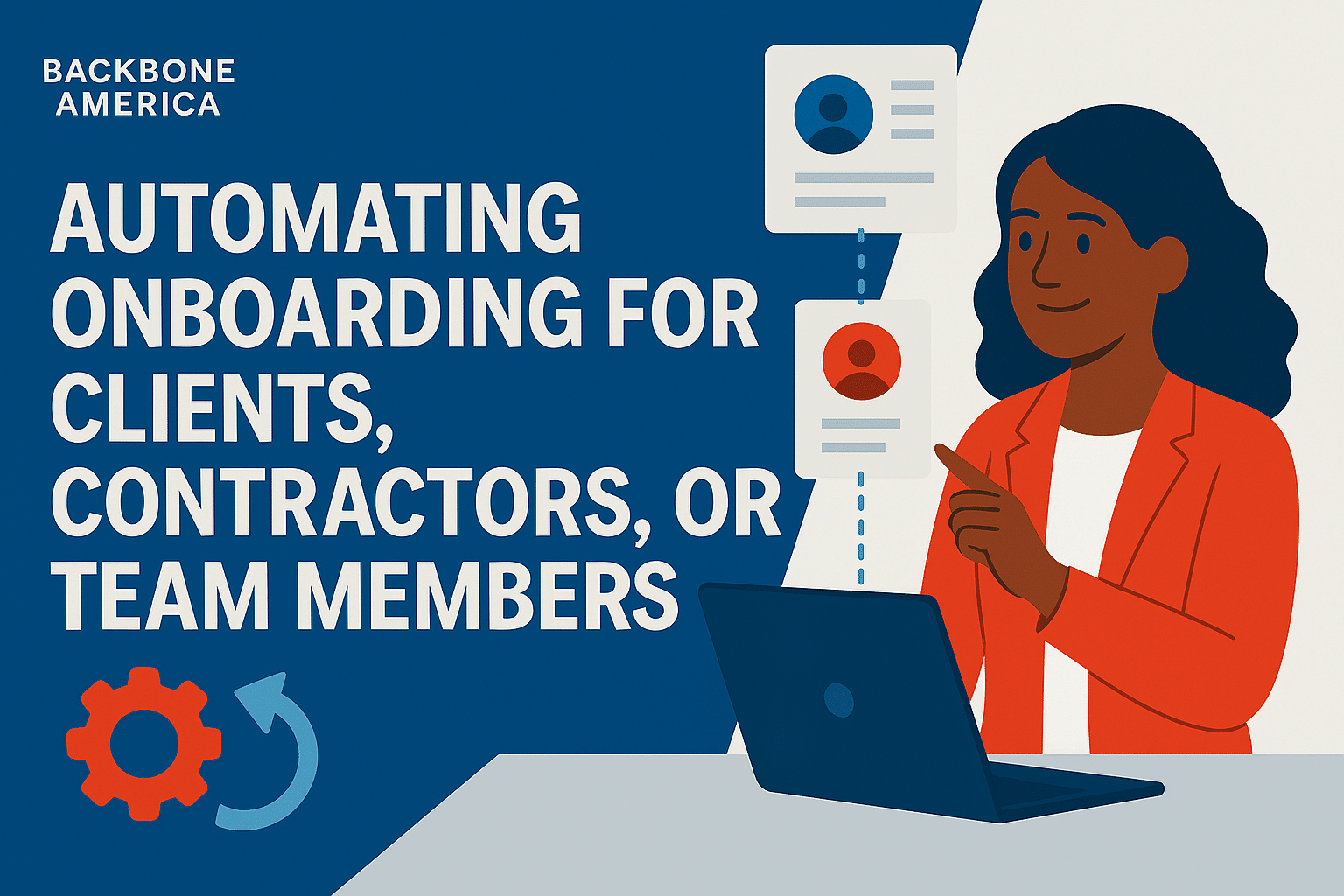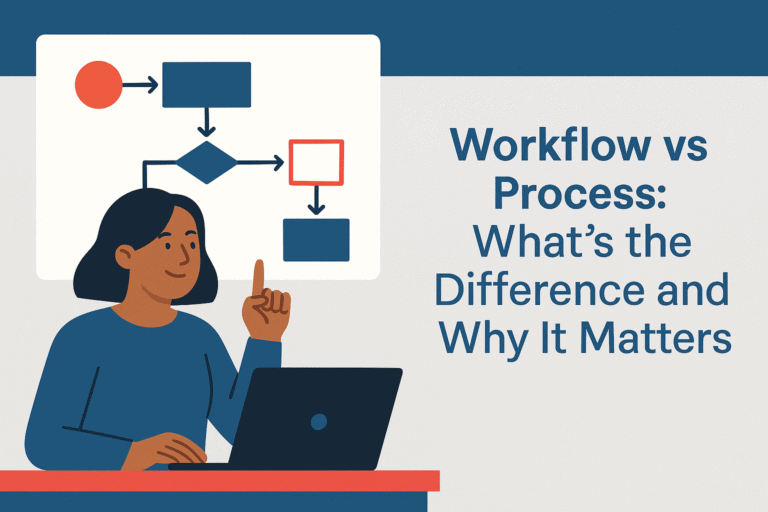If you’re a small business owner, you may be wondering is SEO is worth it for small businesses, especially considering the effort and expense. I know I have. After all, it can be difficult to measure the return on investment (ROI) from an SEO campaign. However, investing in SEO can provide a number of benefits for small businesses, but only when done correctly.
What is SEO?

Unpaid traffic is one of the things I love about SEO. If you learn how to do it yourself (there is an abundance of training), it costs you time. However, the saying is “time is money.” Therefore, you’ll need to make some choices. Later in this article, I’ll discuss the options of outsourcing versus doing your SEO in house. For now, let’s talk about the why of SEO.
Why conduct SEO?
Back to the question: “Is SEO worth it for small businesses?” SEO helps small businesses get found online by potential customers who are actively searching for their products or services. Because people tend to trust search engines, like Google, optimizing your website with relevant keywords and content can help increase your visibility in the search engine results pages (SERPs). This increased visibility means more potential leads and customers. Ultimately this translates into revenue growth.
Another advantage of investing in SEO is that it offers long-term results. Other forms of marketing, such as PPC ads or social media campaigns, require ongoing maintenance. Optimizing your website with quality content and building its authority through link building activities is a one-time activity. You won’t have to do much else to maintain those improvements over time unless you want to update or expand upon them later on down the line.
I don’t want you think you’re done with your website once you conduct SEO. There is another piece to the story. You want to stay relevant. You do that by continuing to add SEO content to your website. A good rule of thumb is to add 11 or more new articles to your website each month. This comes out to be about 3 articles a week… 2.5385… if you want a little precision. haha
SEO Strategies

Black Hat VS White Hat SEO
I’ve talked a bit about doing SEO right. I want to go a bit into details on that subject matter, because I don’t want you to make some of the same mistakes I’ve made. Plus, I want you to be wary of SEO marketers who may not be providing you with the best SEO practices. You can identify some strategies by their Black Hat or White Hat efforts.
Black Hat SEO
Black Hat SEO involves techniques and tactics that focus only on search engines, not human audiences. These techniques are used to gain higher rankings in search engine results pages (SERPs) by disregarding the rules of good search engine optimization practices. Examples of Black Hat SEO include:
- Keyword stuffing – Keyword stuffing involves cramming unrelated or irrelevant keywords into website content to artificially boost the page’s ranking.
- Cloaking – Cloaking is technique in which the content presented to the search engine spider or bot is different from that presented to the user’s browser. It involves showing one set of content to search engine crawlers, while presenting completely different content to users who visit the webpage. Generally, cloaking is done with an intent of deceiving search engines and manipulating their ranking algorithms for higher rankings or more traffic. It’s rather shady because it’s done behind the scenes.
- Hidden text/links – Hidden text/links involves using hidden text or links on a webpage, usually by making them the same color as the background so that users don‘t notice them. Hidden text and links are often stuffed with keywords in an attempt to gain higher rankings in SERPs. This is very similar to keyword stuff.
- Link Farms – Link farms refers creating networks of websites that all link back to each other, usually with unrelated or irrelevant content. This is where I’ve fallen pray myself. It’s made me extremely cautious of SEO Marketers who say they’ll add backlinks.
- Doorway pages – Doorway pages creates multiple webpages with similar or identical content, but different URLs and titles. They are designed to redirect users from one page to another and often contain unrelated keywords that are stuffed into the content in an attempt to boost their ranking.
- Blog spamming – Blog spamming involves posting comments on blogs or forums that contain irrelevant keywords in an attempt to boost their visibility. Spammers often post comments with links back to the website. Though this is a form of link building, it’s like graffiti on websites. This is something I see often on my own website, and use a variety of methods to suppress it.
As you can see, all of these Black Hat methods can have negative effects on user experience. What’s important for you to know is that Black Hat SEO can also damage a website‘s reputation, and lead to penalties by search engines such as Google. In fact, the penalties can be so great that you can find your website delisted on search engines.
White Hat SEO
White Hat SEO refers to ethical SEO practices that adhere to the guidelines set forth by major search engines, such as Google. It focuses on creating content for users first and then optimizes it for the web crawlers. It avoids trying to manipulate search engines with unethical or illegal tactics like Black Hat SEO does.
White hat strategies involve optimizing page titles and meta descriptions, ensuring quality content is presented on a website and including relevant keywords throughout content in a natural way. Search engines companies constantly look for ways SEO marketers try to trick the system through unethical techniques. When they do, search engines, like Google, develop updates to eliminate the advantages of Black Hat SEO strategies. Not only eliminate advantages, but sometimes even penalties website who use Black Hat techniques. SEO updates that search engine companies make are less likely to affect the health of your website when you use White Hat SEO.
Outsource vs In-House
I have to admit, SEO can be time consuming. As business owners, you have to decide how best to spend your time. You also have to decide where to put your financial resources when it comes to hiring and investing in employees. When it comes to SEO, businesses have the option of either outsourcing their efforts or handling them in-house. While there are certain advantages to each approach, both can be effective when done correctly.
Is SEO Worth It for Small Businesses When Outsourcing?
Let’s start with outsourcing your SEO. One advantage of outsourcing your SEO is that you can benefit from the expertise of experienced professionals who specialize in this area. An experienced agency will know all the latest strategies and tactics for optimizing websites for search engines. They will also be able to provide valuable insights into how you should structure your website’s content and hierarchy. Finally, they’ll have access to powerful tools that can improve SEO results such as keyword research software and link building tools.
Or is it better to keep SEO in-house?
On the other hand, an in-house team may offer more flexibility. They’re already familiar with your company’s products, services, goals, and target audience. This can helps them create a tailored strategy specifically designed to meet those needs. Additionally, having an internal team allows you to maintain control over every aspect of the process, from initial research right through implementation. With more oversight, it may give you peace of mind that your in-house team is handling your SEO properly.
Whether you choose outsourced or in-house SEO depends on your business’s size, and resources available, and specific marketing objectives. This is why it’s important to make sure to weigh up all options carefully. Once you do, you can make a decision about which route is best for you.
Well, Is SEO Worth It for Small Businesses?
Yes – SEO is definitely worth it for small business owners. That’s if you want to take advantage of its numerous benefits. If you’re looking to increased visibility in SERPs, long-term ROI, and a competitive edge against larger competitors then it’s a worthy investment.





